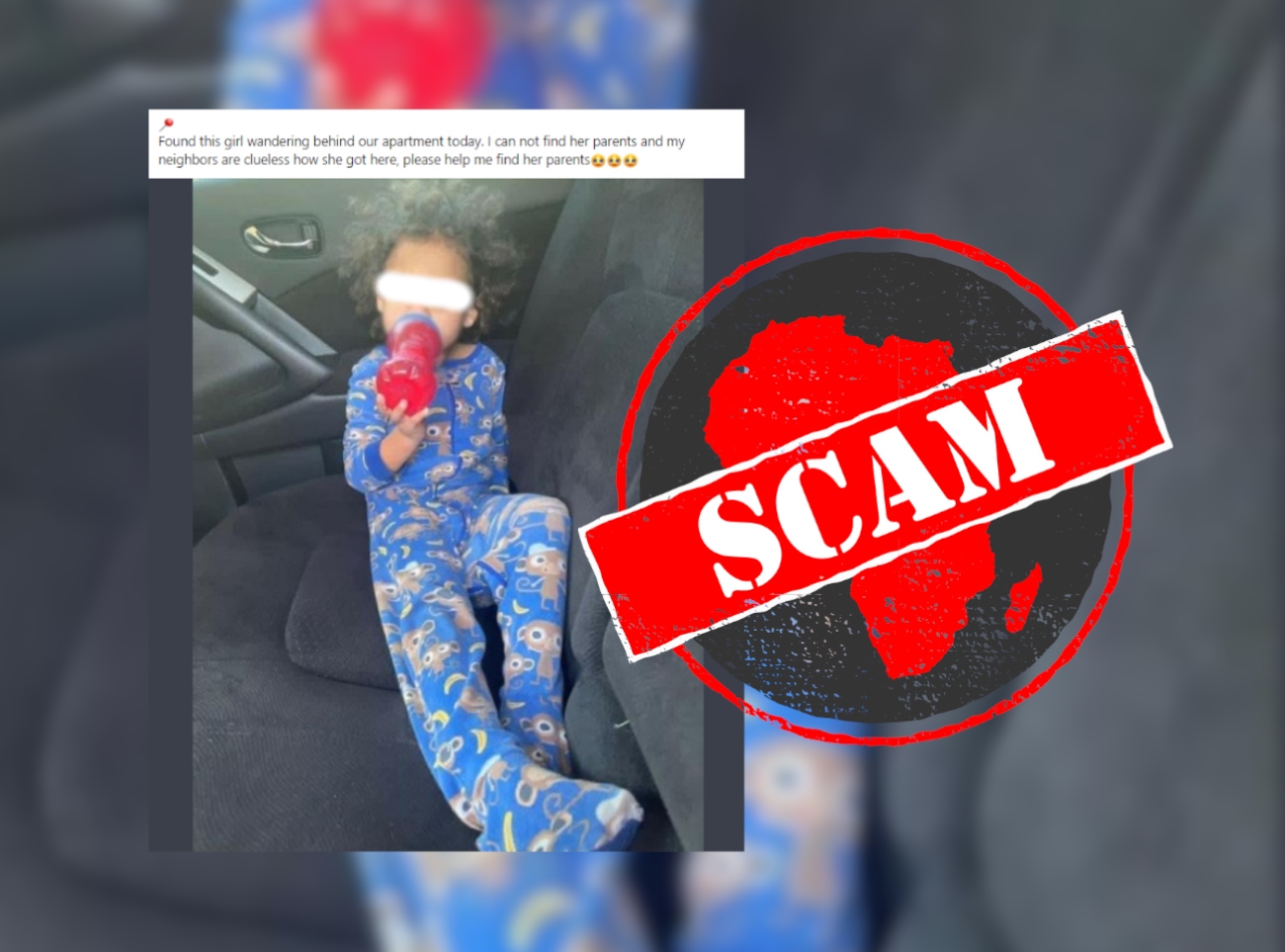In the latest scam on social media, victims are being targeted using fake missing persons or missing animal posts which get shared.
Here’s What’s Happening
Scammers are resorting to manipulating people’s emotions in order to proliferate fraudulent schemes and illicitly obtain personal data and funds. This tactic has been employed by scam artists to prey on unsuspecting individuals, leading to significant losses in money and compromised sensitive information.
An increasingly common tactic employed by scammers involves advertising fraudulent contests or rental properties online, often prompting users to click on links to enter or apply. If a user shares the original post, scammers may edit it and repost it on the user’s profile, potentially exposing their friends to the scam without the user’s knowledge.
Posts about found animals have also been used to peddle similar scams.
While it is important to exercise caution when encountering posts about missing children, not all such posts are necessarily scams. However, there are certain indicators in the original post that can assist in identifying fraudulent schemes.
For instance, the posts are found in groups that are public, and the original poster will turn the comments off.
What to do
Look at the original posters profile. How new is the profile? How many friends does the person have? Where does it say they live? This information could offer clues to if the profile is legitimate.
it is not uncommon for fraudulent missing children posts to be duplicated and circulated with only the location altered. If there is any uncertainty surrounding the legitimacy of a post, it is recommended to conduct a search and determine if it has been shared by other individuals in different regions.
In recent months, a particular missing child scam involving an autistic child allegedly running away with a dog named Hank has been circulating widely. The photograph usually shows either a boy and a dog or a boy and a girl alongside a dog, adding a layer of credibility to the scheme.
The posts are vague – they always include a city or county or not an exact area where the so-called missing child left from. If a child is reported missing from your area in a post, check the news and social media accounts of nearby law enforcement agencies to see if they are reporting the missing child.
Experts are Concerned – Be Careful
“It’s very concerning because the original plea looks legitimate,” said Melanie Duquesnel, the BBB president and CEO. “Scammers are sharing these posts in legitimate groups, putting not only the group members but also their friends at risk.”
If you run into a similar post and believe it may not be legitimate, do not share it and report it to Facebook and the BBB.
Get the news you need at It’s On News.


